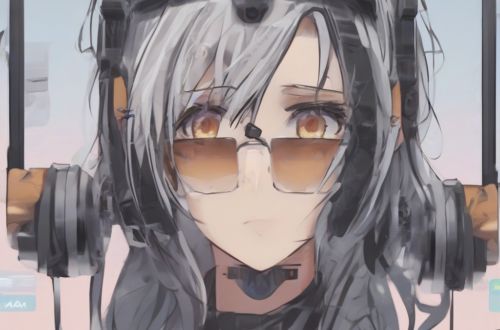Concealed Carry Insurance: What It Is, Why You Need It, and How to Find the Right Coverage
Carrying a concealed weapon is a big responsibility. It’s a decision that shouldn’t be taken lightly, and it’s important to understand the potential risks involved. One of the biggest risks is the possibility of a lawsuit if you have to use your weapon in self-defense.
That’s where concealed carry insurance comes in. This type of insurance can help protect you financially if you’re involved in a shooting incident.
What is Concealed Carry Insurance?
Concealed carry insurance is a type of liability insurance specifically designed for people who carry concealed weapons. It can provide coverage for legal fees, bail bonds, and other expenses related to a shooting incident. It’s important to note that this type of insurance does not cover the cost of the weapon itself or any damage to the weapon.
Why Do You Need Concealed Carry Insurance?
There are several reasons why concealed carry insurance can be beneficial:
- Legal Defense Costs: A shooting incident can lead to costly legal fees, even if you’re acting in self-defense. Concealed carry insurance can help cover these expenses.
- Bail Bonds: If you’re arrested after a shooting incident, you may need to post bail. Concealed carry insurance can help cover the cost of your bail bond.
- Loss of Income: If you’re arrested or incarcerated after a shooting incident, you may lose income. Concealed carry insurance can help cover lost wages.
- Peace of Mind: Knowing that you have financial protection in the event of a shooting incident can give you peace of mind and help you focus on your safety.
What Does Concealed Carry Insurance Cover?
The specific coverage provided by concealed carry insurance policies can vary, but some common coverage options include:
- Legal Defense Costs: Coverage for legal fees, attorney fees, and other legal expenses.
- Bail Bonds: Coverage for bail bond costs.
- Loss of Income: Coverage for lost wages due to arrest or incarceration.
- Medical Expenses: Coverage for medical expenses incurred by you or the other party involved in the incident.
- Emergency Response: Coverage for emergency response services, such as crisis counseling or a private investigator.
- Civil Liability: Coverage for civil lawsuits brought against you by the other party.
How to Find the Right Concealed Carry Insurance
When choosing concealed carry insurance, there are several factors to consider:
- Coverage Limits: How much coverage does the policy provide for legal fees, bail bonds, and other expenses?
- Premium Costs: How much does the policy cost per month or year?
- Deductibles: How much do you have to pay out of pocket before the insurance kicks in?
- Exclusions: What situations are not covered by the policy?
- Reputation of the Insurance Company: What is the company’s track record for paying claims?
- Customer Service: Is the company responsive to customer inquiries and complaints?
It’s a good idea to shop around and compare quotes from multiple insurance companies before making a decision. You can also talk to your local gun shop or gun range for recommendations.
Tips for Staying Safe While Carrying a Concealed Weapon
Concealed carry insurance can provide financial protection, but it’s important to remember that it can’t prevent a shooting incident from happening in the first place. The best way to stay safe is to be responsible and practice safe gun handling:
- Always treat every firearm as if it’s loaded.
- Never point a firearm at anything you don’t intend to shoot.
- Keep your finger off the trigger until you’re ready to shoot.
- Be aware of your surroundings and identify potential threats.
- Take a firearm safety course and practice regularly.
- Store your firearm safely when not in use.
Conclusion
Concealed carry insurance can be a valuable investment for anyone who carries a concealed weapon. It can provide financial protection in the event of a shooting incident, giving you peace of mind and helping you focus on your safety. However, it’s important to remember that insurance is only one part of the equation. Be responsible, practice safe gun handling, and be aware of your surroundings to minimize the risk of a shooting incident.





